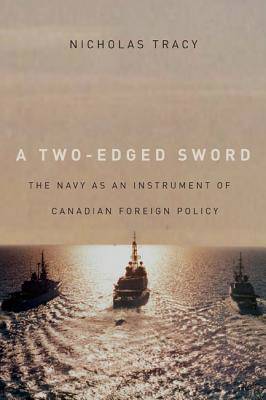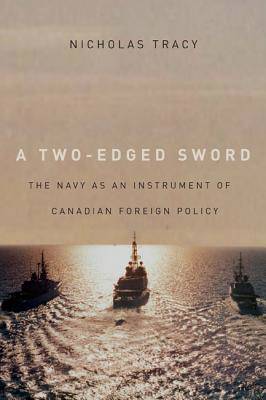
- Afhalen na 1 uur in een winkel met voorraad
- Gratis thuislevering in België vanaf € 30
- Ruim aanbod met 7 miljoen producten
- Afhalen na 1 uur in een winkel met voorraad
- Gratis thuislevering in België vanaf € 30
- Ruim aanbod met 7 miljoen producten
Zoeken
€ 106,95
+ 213 punten
Uitvoering
Omschrijving
In the first major study of the Royal Canadian Navy's contribution to foreign policy, Nicholas Tracy takes a comprehensive look at the paradox that Canada faces in participating in a system of collective defence as a means of avoiding subordination to other countries. Created in 1910 to support Canadian autonomy, the Royal Canadian Navy has played an important role in defining Canada's relationship with the United Kingdom, the United States, and NATO. Initially involved with participation in Imperial and Commonwealth defence, the RCN's role shifted following the Second World War to primarily ensuring the survival of the NATO alliance and deflecting American influence over Canada. Tracy demonstrates the ways in which the Navy's priorities have realigned since the end of the Cold War, this time partnering with the US and NATO navies in global policing. Insightful, detailed, and grounded in solid historical scholarship, A Two-Edged Sword presents a complete portrait of the shifting relevance and future of a cornerstone of Canadian defence.
Specificaties
Betrokkenen
- Auteur(s):
- Uitgeverij:
Inhoud
- Aantal bladzijden:
- 496
- Taal:
- Engels
- Reeks:
- Reeksnummer:
- nr. 225
Eigenschappen
- Productcode (EAN):
- 9780773540514
- Verschijningsdatum:
- 7/11/2012
- Uitvoering:
- Hardcover
- Formaat:
- Genaaid
- Afmetingen:
- 157 mm x 236 mm
- Gewicht:
- 907 g

Alleen bij Standaard Boekhandel
+ 213 punten op je klantenkaart van Standaard Boekhandel
Beoordelingen
We publiceren alleen reviews die voldoen aan de voorwaarden voor reviews. Bekijk onze voorwaarden voor reviews.











